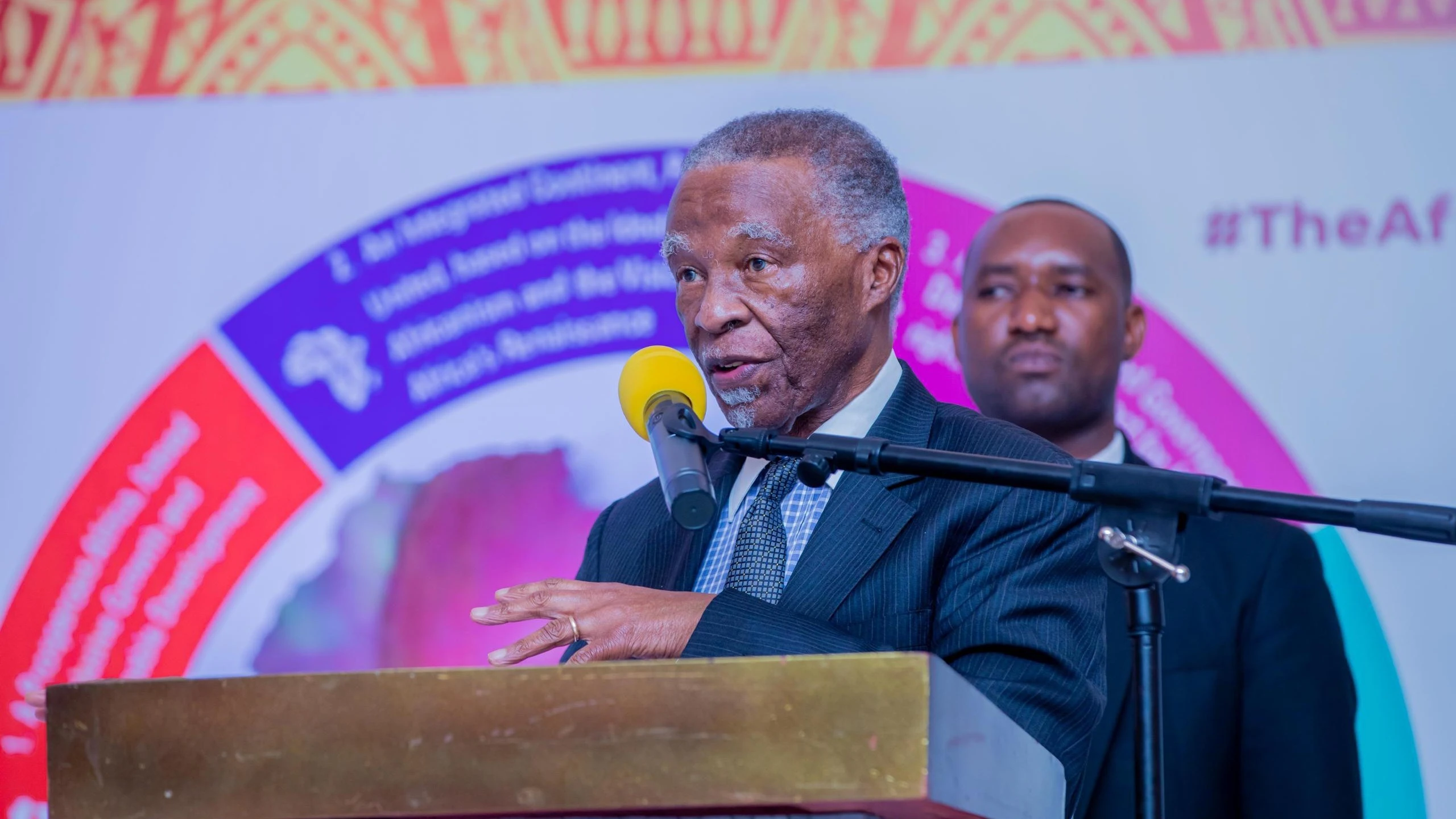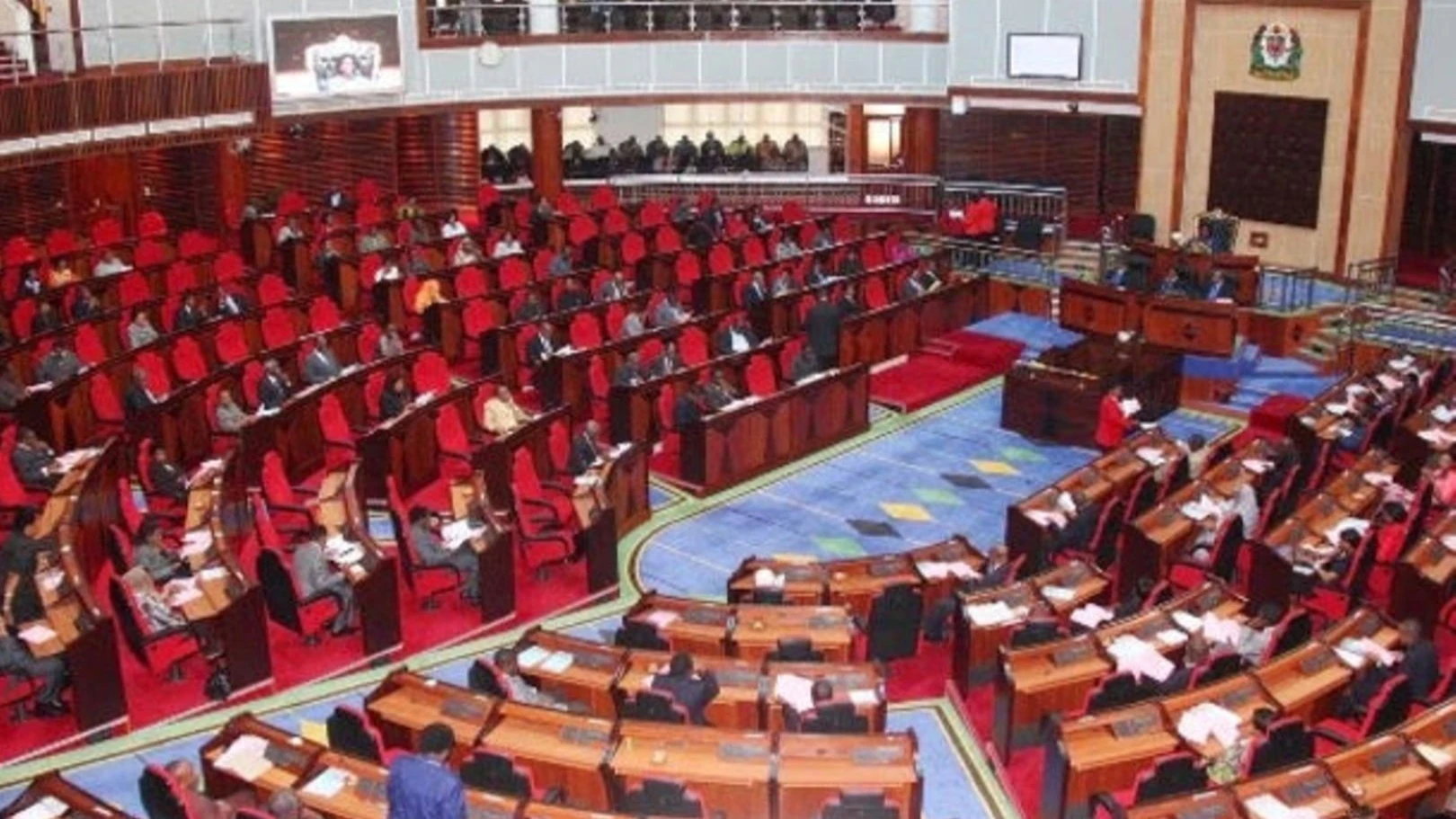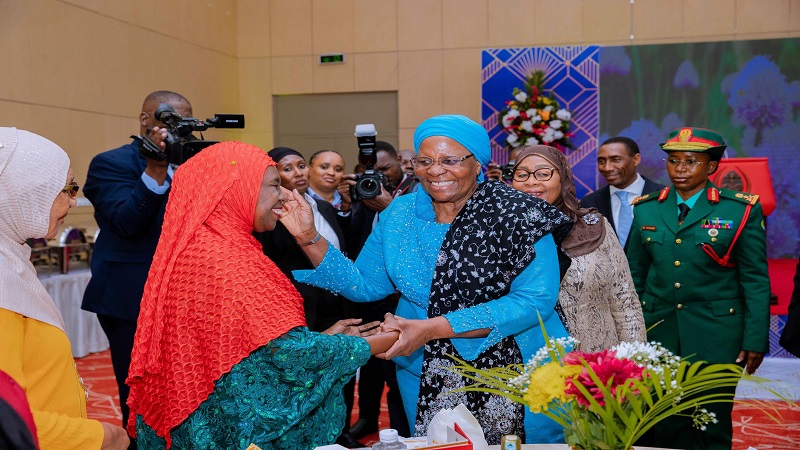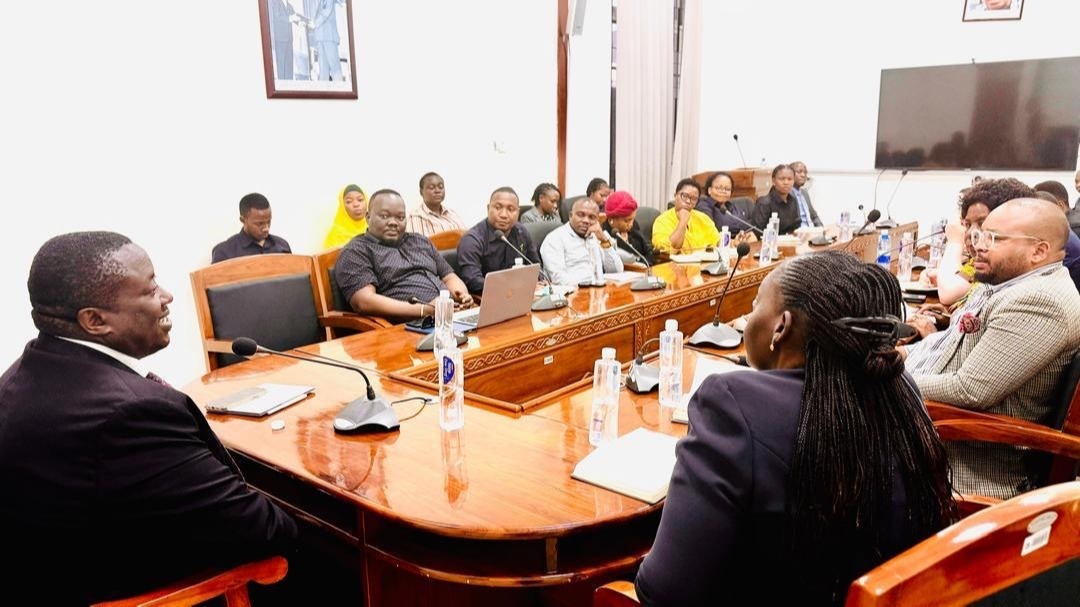MPs want local dairy levies, taxes reduced
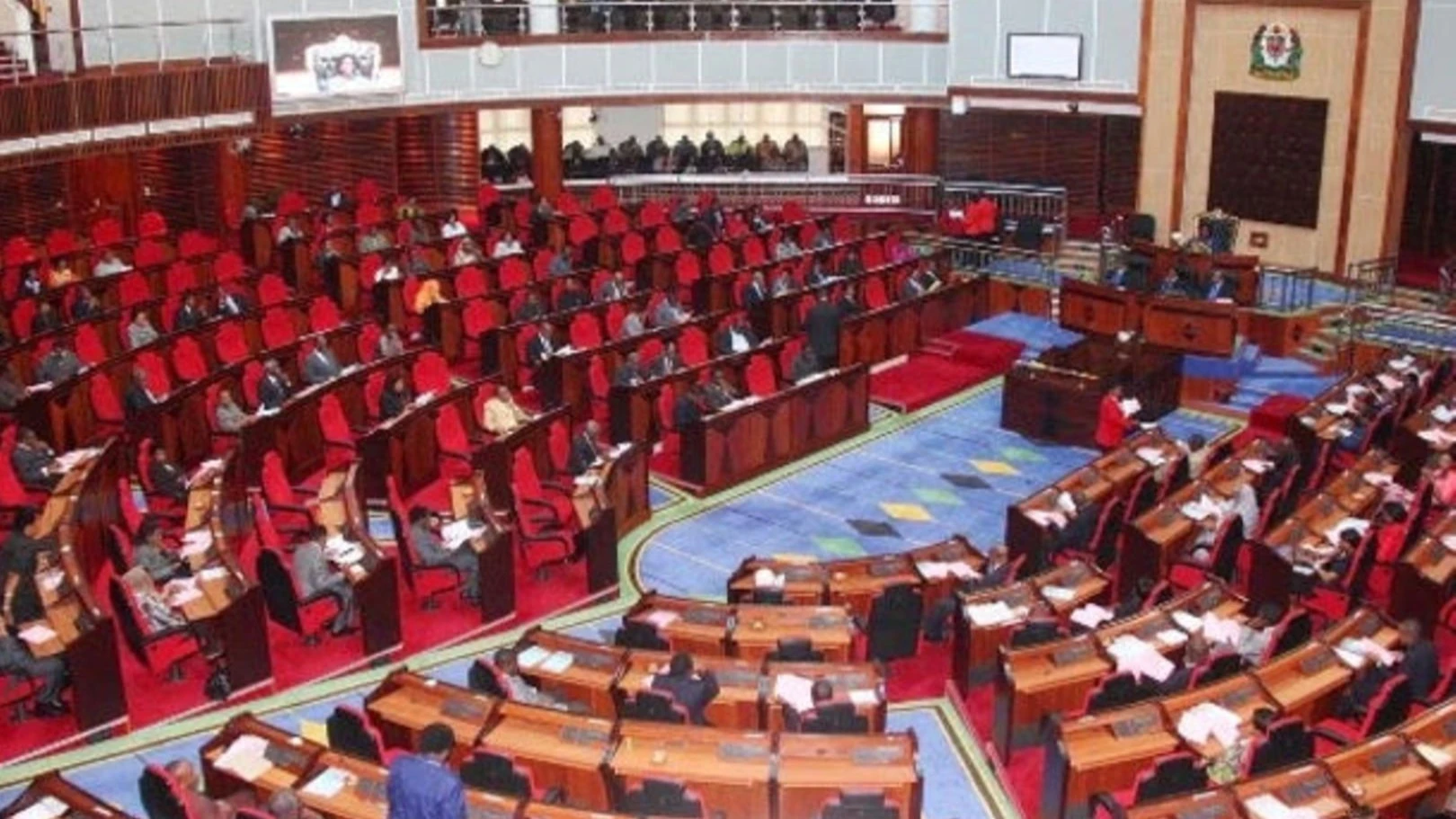
THE government needs to reduce the numerous taxes, levies and tariffs imposed on processed dairy products domestically and eliminate taxes on dairy products purchased by Zanzibar from Mainland regions.
This observation was part of recommendations by the parliamentary committee on Industry, Trade, Agriculture and Livestock when raising concerns in pervasive illegal livestock trade, which undermines government revenue.
It advised the government to implement strict border security measures and enforce severe legal actions against those involved in livestock smuggling.
The committee’s report looked at the scarcity of pasture, especially during drought periods, recommending that the government ensure that centres of the Tanzania Livestock Research Institute (TALIRI) set up livestock feed farms and storage facilities for post-harvest use.
The government similarly needs to expedite the national vaccination campaign to enhance livestock quality and productivity, the report emphasized, reacting to the 476.65bn/- for fiscal 2025/26.
Dr Ashatu Kijaji, the Livestock and Fisheries minister, highlighted plans to enhance resource value, strengthen resource protection, attract investment and advance research and training for sector stakeholders.
Key priority areas for the financial year include providing boat loans, conducting a series of fisheries census exercises in select lakes and dams and implementing strategic projects boosting the blue economy, similarly creating employment and reducing rural poverty, she said.
The government plans to purchase 110 boats for use by fishing groups and aquaculture practitioners with favourable loan terms, with a 680bn/- loan package lined up through the PASS Trust to empower the target groups, she stated.
The BBT programme will be extensively facilitated by the TALIRI-Kongwa project, focusing on goat and sheep fattening, livestock feed production and training youth and women in value chain engagement, she explained.
Electronic identification cards will be issued to facilitate official recognition and technical support for those conducting fish census exercises, she stated.
A new National Aquaculture Development Strategy (NADS II) for 2025–2030 is replacing the 2018–2025 plan, to increase fish production through cage farming, ponds and environmentally friendly technologies.
The Tanzania Fisheries Corporation (TAFICO) will be strengthened with the acquisition of an ice plant, construction of a fish storage facility, purchase of two deep-sea fishing vessels, and the establishment of a fish processing plant and fish feed production facility.
The government plans to complete building the Kilwa Masoko Fish Port and conduct a feasibility study for a new fishing port at Bagamoyo, with seven modern fish markets set to be completed in r Tunduma, Muleba, Momba, Ludewa, Mkinga, Kalambo and Nyasa, she stated.
Six fish landing sites will be established in Chato, Nkasi, Nyasa, Ilemela, Sengerema and Bukoba, three aquaculture development centres and three fisheries resource protection stations, the minister specified.
Environmental and Social Impact Assessments (ESIA) for eight major fisheries projects, including ports, markets and landing sites will be conducted, along with training on climate change impacts and adaptation strategies.
These skills are being leveraged at 2,000 pastoralists and fishers from coastal, northern and southern regions, meanwhile as the ministry expects to purchase 60m doses of vaccines for contagious bovine pleuropneumonia (CBPP), peste des petits ruminants (PPR), and lumpy skin disease, targeting 60m cattle, goats and sheep.
An additional 500,000 doses of rabies vaccine will be procured to eliminate the disease by 2030, while the Tanzania Fisheries Research Institute (TAFIRI) will review guidelines for solar light management in fishing activities. It will also develop guidelines for fishing gear imports and establish a national strategy for Nile perch harvesting, the minister added.
Top Headlines
© 2025 IPPMEDIA.COM. ALL RIGHTS RESERVED









